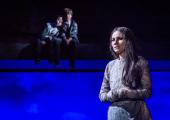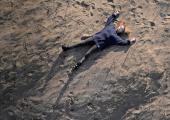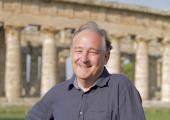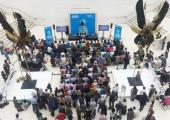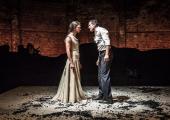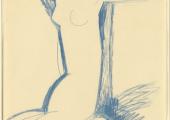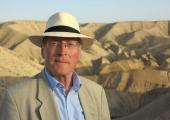Sicily: Culture and Conquest, British Museum
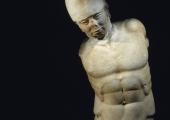
For centuries, invading armies, migrants and merchants have shaped the art of Italy's southern outpost: can an exhibition do it justice?
This exhibition – the UK's first major exploration of the history of Sicily – highlights two astonishing epochs in the cultural history of the island, with a small bridging section in between. Spanning 4,000 years and bringing together over 200 objects, it aims to "reveal the richness of the architectural, archaeological and artist legacies of Sicily", focusing on the latter half of the seventh century BC and the period of Norman enlightenment, from AD1000 to 1250.

